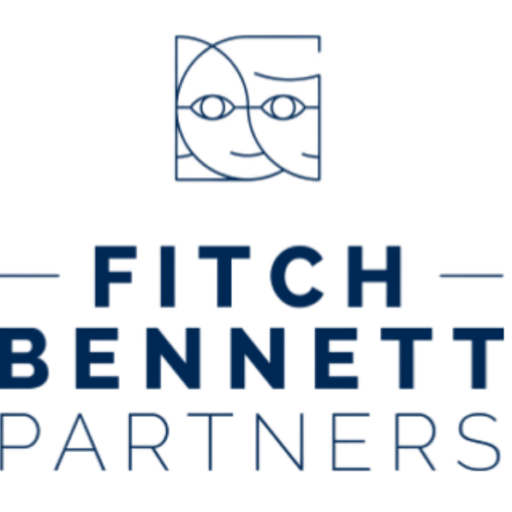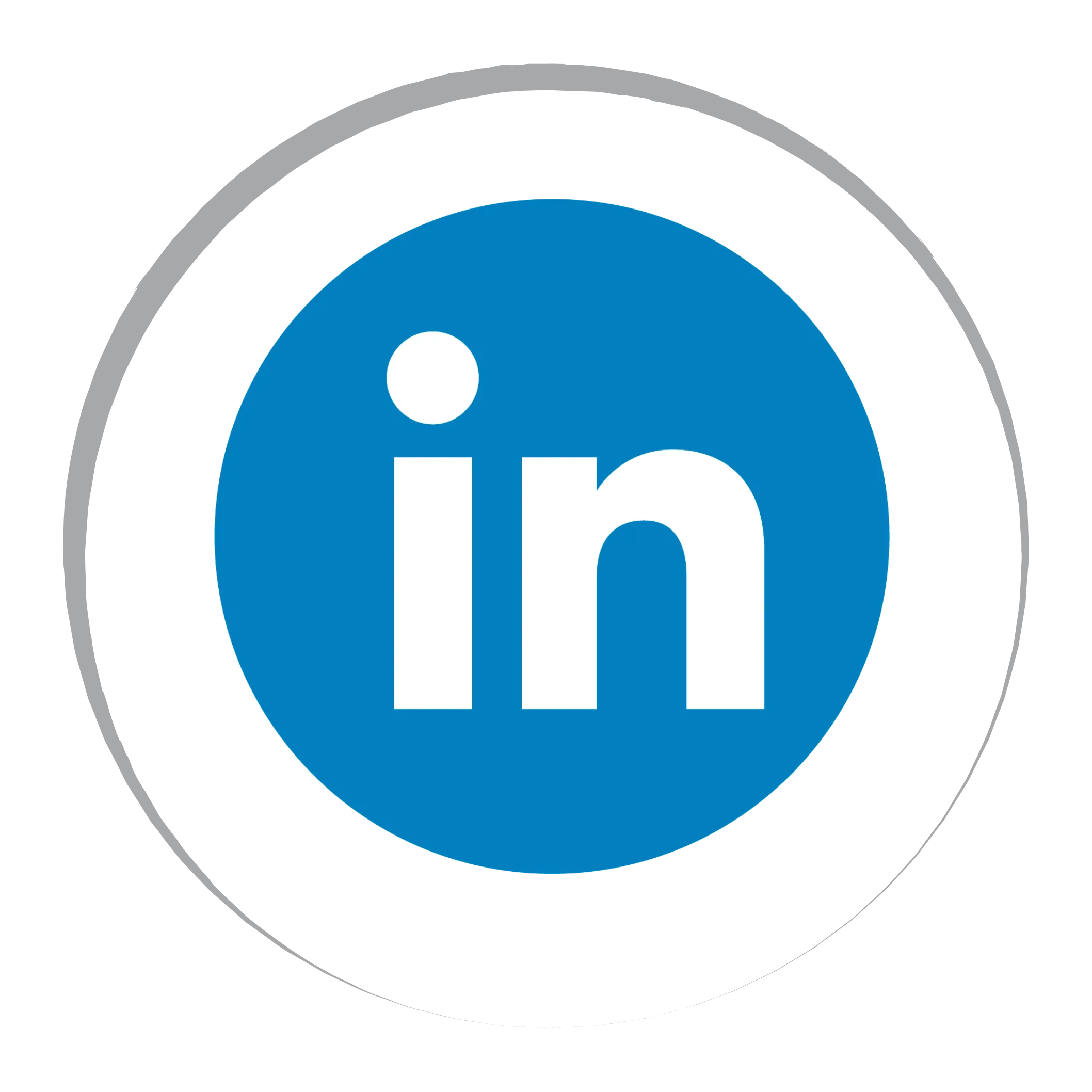The spectacular rise of artificial intelligence (AI) has spawned revolutionary technological advances in many fields… including human resources, which is at the heart of a profound transformation. AI is gradually reshaping the way HR recruits, and how leaders manage and develop talent. This innovation is having a major impact on the way companies operate.
Thanks to the capabilities of AI, traditional recruitment processes are rapidly evolving. According to APEC (Association Pour l’Emploi des Cadres), “80% of recruiters’ time would be spent on sourcing, while only 10% would be spent on interviews and 10% on administrative tasks”. Today, machine learning algorithms can analyze vast quantities of data to identify the skills and qualities sought in candidates. Their use would save precious time in screening applications and reduce the human bias inherent in traditional recruitment methods.
AI-powered candidate tracking systems have become indispensable tools for recruitment agencies. They make it easier to manage and organize applications, automate administrative tasks, and complement each other in identifying the best profiles matching specific company requirements. Recruiters can thus focus on analyzing human and interpersonal skills, which are essential for assessing a candidate’s suitability.
Evolving human resources with AI
AI isn’t just for recruitment, it also offers exciting opportunities for HR development. AI-powered chatbots can provide instant answers to employee queries, reducing the time and resources needed to resolve common problems. What’s more, AI can be used to assess employee performance and skills, enabling personalized feedback and the design of individualized development plans.
AI-based predictive analytics can also help HR professionals anticipate future recruitment, training and skills development needs. By identifying trends and patterns in existing data, companies can make more informed workforce planning and talent development decisions.
Challenges for AI and recruitment
While AI offers undeniable advantages, it is not without its limitations. The issue of ethics is paramount when it comes to ensuring that AI is used fairly and non-discriminatorily in the recruitment process. It is essential to ensure that algorithms are trained on unbiased data, and that existing biases in historical data are identified and corrected.
The Conversation article does an excellent job of explaining the challenges ahead, as AI in recruitment clearly has room for improvement. The article’s two authors sum it up in this quote: “Explainable AI (editor’s note: they explain how an unexplainable algorithm is an unacceptable algorithm) should obey three principles: transparency of the data used to build the model; interpretability, the ability to produce results that a user can understand; and explainability, the ability to understand the mechanisms that led to that result with the potential biases they entail.” AI is still a long way from meeting these three principles.
What’s more, it cannot completely replace the human aspect of recruitment and human resources. Indeed, they raise the question of human feeling, interpersonal skills, intuition and understanding of human dynamics. Like ChatGPT, AI is undoubtedly a very practical tool, but one that complements an expert eye to improve the efficiency and objectivity of the process… but not to replace it entirely.




